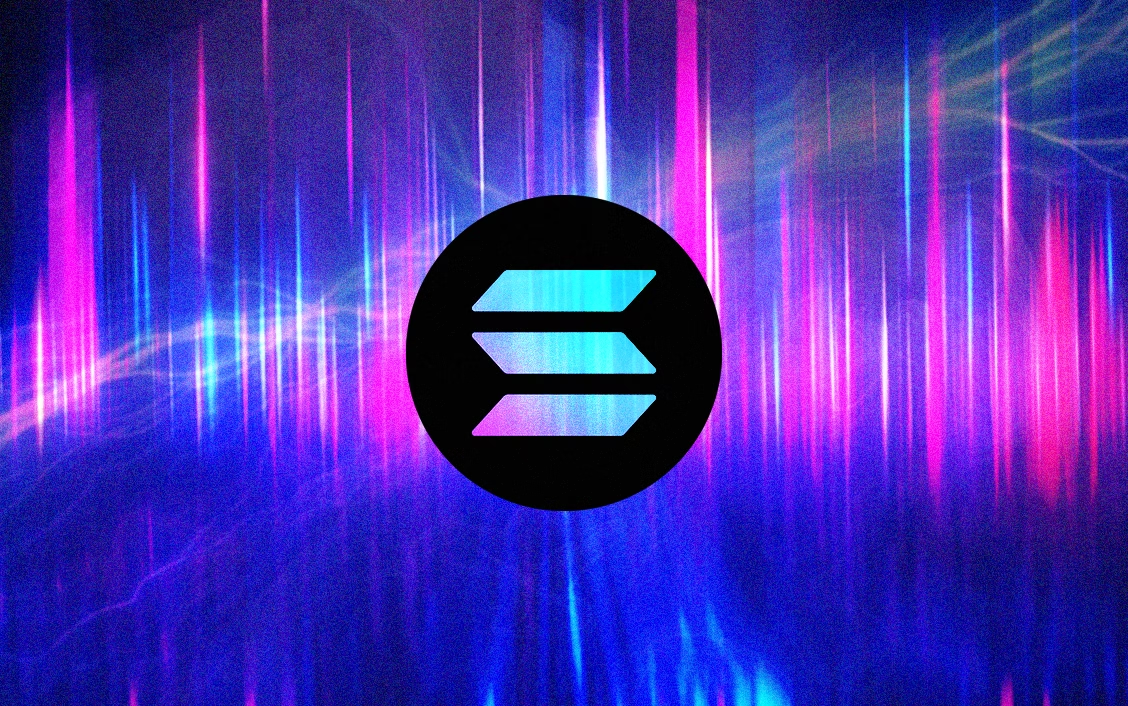Solana (SOL)
Solana is a blockchain network that utilizes a Delegated-Proof-of-Stake consensus mechanism. It is designed to support decentralized applications, marketplaces, and enterprise solutions, aiming to provide scalability while maintaining decentralization. Solana was founded in 2017 by Anatoly Yakovenko.
History
Solana was established in 2017 by Anatoly Yakovenko along with engineers like Greg Fitzgerald and Eric Williams. They aimed to address throughput issues present in Bitcoin and Ethereum blockchains. Solana's alpha testnet launched in 2018, and by 2019, it raised $20 million in investment led by Multicoin Capital. The mainnet beta went live in March 2020, initially offering basic transaction and smart contract capabilities. Updates have continued towards a production-ready version.

| Ticker | SOL |
| Category | Smart Contract Platform |
| Website | https://solana.com/ |
| @solana | |
| Telegram | solana |
| https://www.reddit.com/r/solana |
Key developments
The company launched its alpha testnet in 2018 and secured $20 million in funding by 2019. Solana's mainnet beta became operational in March 2020, offering basic transaction and smart contract functionalities. The network has been continually updated towards a more production-ready version.
Overview
Solana is recognized for its high throughput, capable of handling 50,000 to 65,000 transactions per second with 400ms block times. It achieves this without complex solutions like sharding, making it a web-scale blockchain. Solana's innovative Proof of History allows it to outperform other layer 1 blockchains with low fees per transaction.
Proof of History
Proof of History is Solana's core innovation, creating a verifiable record that confirms an event's occurrence at a particular time. This eliminates the need for network participants to communicate to agree on the passage of time.
Proof of Stake
Solana's Proof-of-Stake allows anyone to participate as a validator, requiring hardware for full node operation. Delegators can delegate validators to participate in block production, earning interest from block rewards. Validators are chosen based on their stake in the pool, with rewards derived from transaction fees and inflation.
Features
Solana distinguishes itself with several features:
- Scalability: Capable of handling over 50,000 transactions per second with a block time of 400 milliseconds.
- Turbine block propagation: Supports thousands of nodes while achieving performance and scalability.
- Low transaction fees: Estimated cost is $10 for 1 million transactions.
Innovations supporting scalability
- Proof of History (PoH): A clock before consensus.
- Tower BFT: A PoH-optimized version of PBFT.
- Turbine: A block propagation protocol.
- Gulf Stream: Mempool-less transaction forwarding protocol.
- Sealevel: Parallel smart contracts run-time.
- Pipelining: Transaction Processing Unit for validation optimization.
- Cloudbreak: Horizontally-scaled accounts database.
- Archivers: Distributed ledger store.
Wormhole
In October 2020, Solana launched Wormhole, a decentralized bridge enabling Ethereum liquidity to transfer to Solana without intermediaries like FTX. This allows tokenized assets to move between blockchains.
SOL token
The Solana blockchain's native token is SOL. There is a fixed supply of one billion SOL tokens, which are used as incentives for nodes. SOL tokens are divisible up to 34 times for fractional payouts.
Token allocation
SOL tokens were distributed through five funding rounds, involving venture capitals such as Multicoin Capital and others. Initial distribution included allocations to seed round investors, founding sale investors, and the Solana Foundation.
Staking
Solana operates a Proof-of-Stake network with delegations, incentivizing validators to attract delegators by offering competitive commission rates to earn rewards.
Solana Pay
Solana Pay is a digital payment framework built on Solana, enabling instant, low-fee transactions. It features an open software development kit (SDK) for developers to integrate Solana-based DApps. Platforms using Solana Pay include Phantom, Circle, and others.
Solana Saga Mobile Phone
Saga is Solana's Android mobile phone, integrated with the blockchain for secure web3 transactions and digital asset management. It uses the Solana Mobile Stack for app and wallet development.
Solana University
Solana University is an educational initiative for university students, focusing on the Solana ecosystem and coding in Rust.
Ambassador Program
The Ambassador Program connects enthusiastic students with the Solana Foundation and engineers, providing educational resources and support for launching blockchain clubs.
Partnerships and Collaborations
Solana X ASICS
ASICS introduced the "UI Collection," featuring shoes with NFTs, purchasable using USDC via Solana Pay. The collection includes two versions of the GT-2000 shoe.
Solana X ZepetoX
ZepetoX, a crypto metaverse project, is building on Solana to offer a web-based open world with advanced features. It is incubated by ZEPETO in collaboration with global blockchain organizations.
